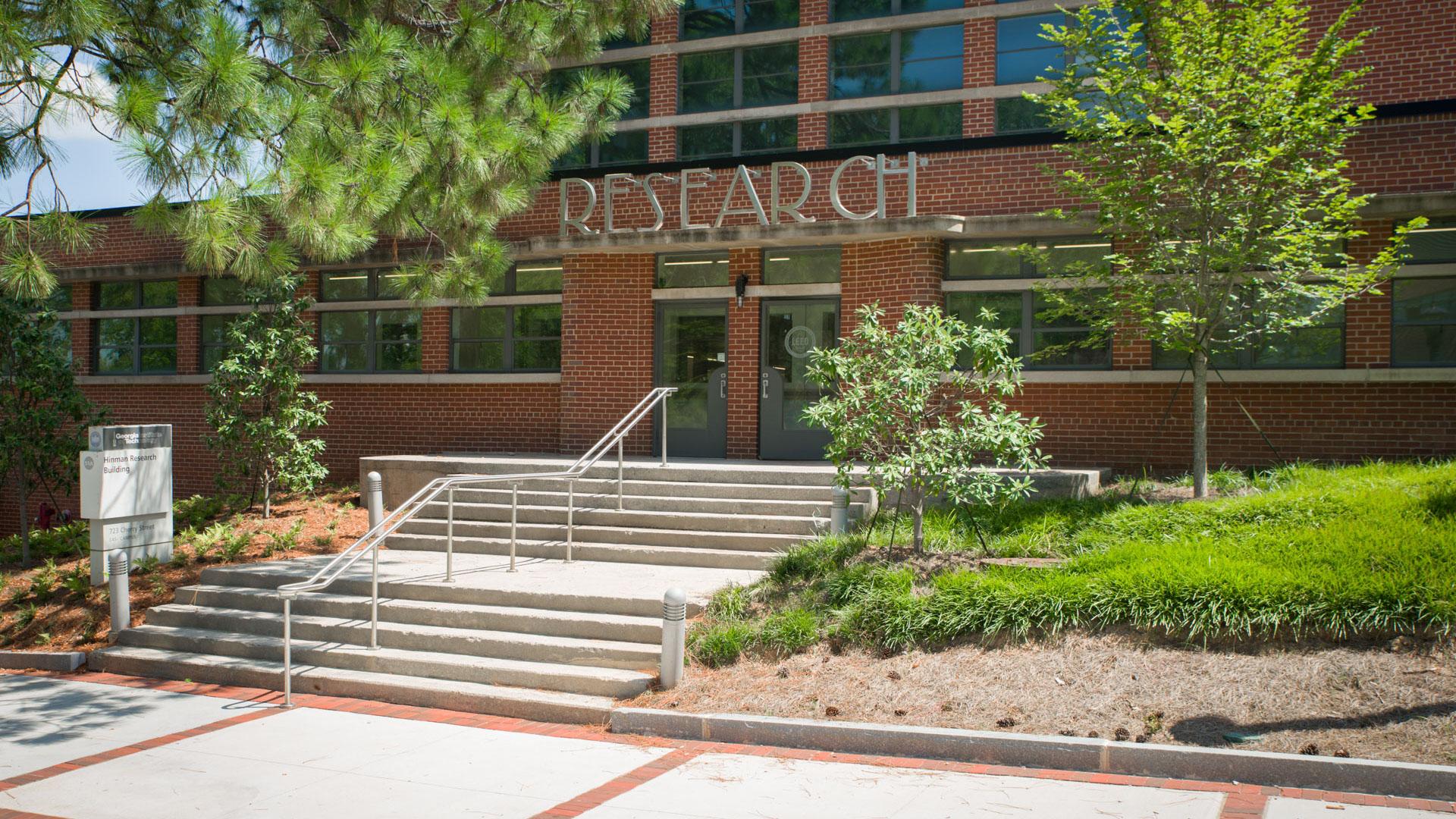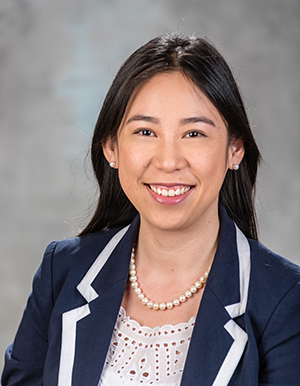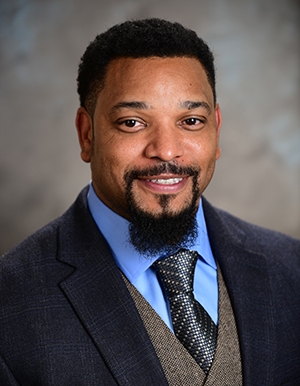Georgia Tech Researchers Win NSF Rules of Life Funding to Address Societal Challenges
Aug 14, 2023 — Atlanta, GA

Exterior of the Hinman Research Building on the Georgia Tech main campus.
Three of 12 projects that received funding from the U.S. National Science Foundation’s Using the Rules of Life to Address Societal Challenges are led by researchers in Georgia Tech’s School of Chemical and Biomolecular Engineering (ChBE).
The 12 projects received a total of $27 million in investment, supporting the use of knowledge learned from studying the Rules of Life — the complex interactions within and between a broad array of living systems across biological scales, and time and space — to tackle pressing societal challenges, including clean water, planet sustainability, carbon capture, biosecurity, and antimicrobial resistance to antibiotics. The Georgia Tech-related projects received a total of $7.7 million.
"The enormous opportunity to apply biological principles to solving the biggest problems of today is one we cannot take lightly," said Susan Marqusee, NSF assistant director for Biological Sciences. "These projects will use life to improve life, including for many underprivileged communities and groups."
The Georgia Tech-led projects include:
- Co-Producing Knowledge, Biotechnologies and Practices to Enhance Biological Nitrogen Fixation for Sustainable Agriculture. $2.67 million (Georgia Tech and Worcester Polytechnic Institute, award 2319430)
The project’s principal investigator is Lily Cheung, assistant professor of ChBE@GT, and the co-principal investigators are Shuichi Takayama, professor of biomedical engineering at Georgia Tech, and William San Martín, assistant professor of global environmental science, technology, and governance at Worcester Polytechnic Institute.
The researchers will address food security through low-cost technology based on biological principles to increase nitrogen content in soils and improve crop production on marginal lands.
- Next-Generation Biological Security and Bio-Hackathon, $2.81 million (Georgia Tech and Massachusetts Institute of Technology, award 2319231).
The project’s principal investigator is Corey Wilson, professor of ChBE@GT, and the co-principal investigators are Matthew Realff, professor of ChBE@GT, and Christopher Voigt, professor of biological engineering at Massachusetts Institute of Technology.
The researchers will create programmable, biological combination lock methods — "on and off" states — for using synthetic biology safely, containing potentially dangerous organisms and protecting valuable ones.
- Synthetic Protocell Communities to Address Critical Sensing Challenges, $2.23 million (Georgia Tech, award 2319391).
The project’s principal investigator is Mark Styczynski, professor of ChBE@GT, and the co-principal investigators are Shuichi Takayama, professor of biomedical engineering at Georgia Tech; Brian Hammer, associate professor of biological sciences at Georgia Tech, and Neha Garg, assistant professor of chemistry and biochemistry at Georgia Tech.
The researchers will create synthetic "protocells" enabling the development of a highly sensitive, field deployable analysis system that could be used for many applications such as measuring micronutrient deficiencies in undernourished populations.

Assistant Professor Lily Cheung

Professor Mark Styczynski

Professor Corey Wilson
Brad Dixon, braddixon@gatech.edu




